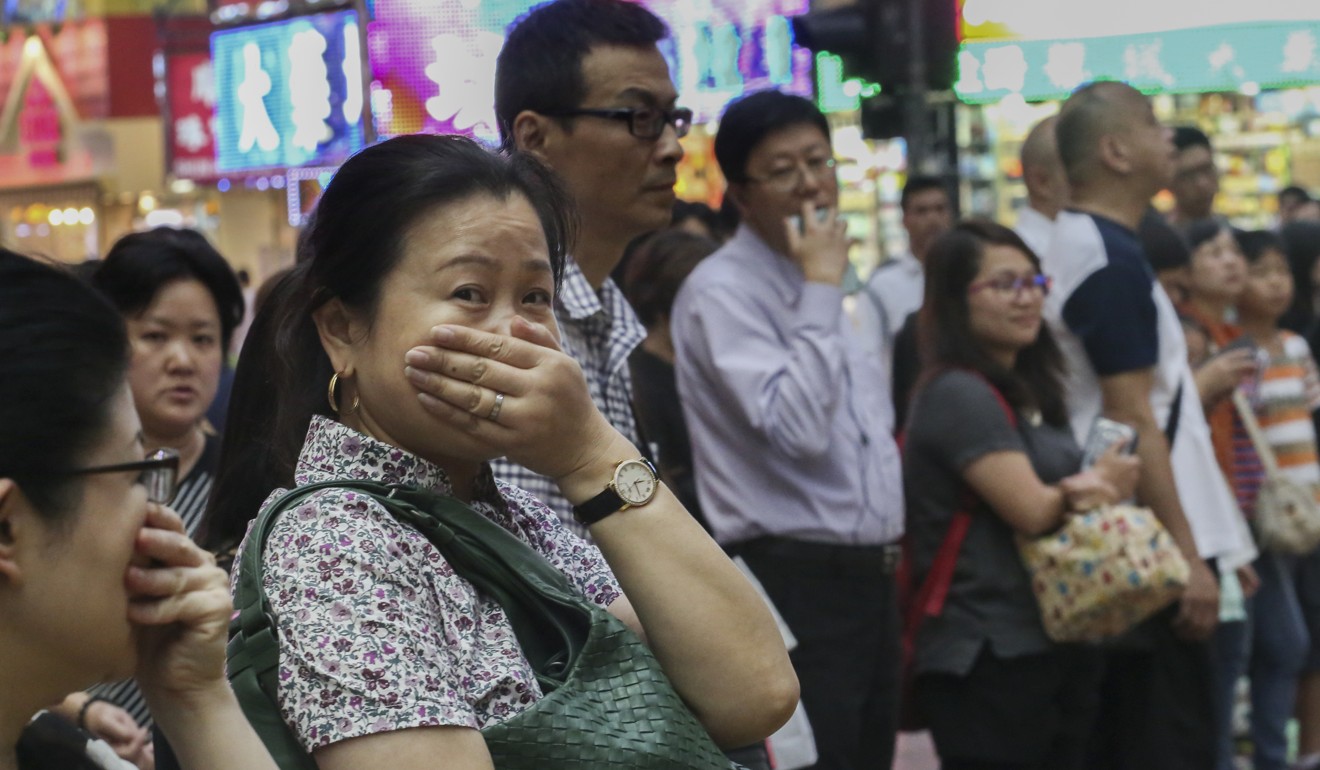
Letters to the Editor, February 9, 2018
Learn to value water before it is too late
Water use will be the most immediate environmental challenge after climate change for Pearl River Delta cities, the top Dutch representative for international water issues has warned.
The report said each person in Hong Kong uses twice as much water as people in any other city worldwide. I think it is high time we paid more attention to saving this precious resource, especially as we are highly dependent on the mainland for our water supply.
We could start by reducing water use in daily life. We can stop letting the tap run while brushing our teeth, take shorter showers, and avoid running a bath. Also, we can recycle more, for example, by using the water from washing rice or fresh produce to water plants.
On its part, the government could mark up the price of water, as economic steps are often the most effective. There must also be more public education about the need for conservation. Students should be taught how people on the other side of the world suffer from the lack of water and have to trek for hours to get some, so they appreciate more what they have.
Hillary Lee, Tseung Kwan O
E-cars need boost to back green aims
The number of private cars in Hong Kong is increasing steadily. Of our 750,000 vehicles, more than 540,000 (over 70 per cent) are private cars. The exhaust from fossil-fuel vehicles adds to roadside pollution. In busy areas like Central or Mong Kok, we can hardly ever breathe any fresh air.
To tackle this, reducing the number of petrol and diesel-powered vehicles would be a good place to start. This will definitely lead to a reduction in air pollution.

Does Hong Kong want to be a clean, green city? Cutting the electric vehicle tax waiver is not a smart move
Yes, electric cars can be quite expensive, because of the technology involved. Very few people can afford the high-end models. But for car buyers looking for an environment-friendly option, an electric vehicle is often the first choice. The capping of the first registration tax waiver has made such cars several times more expensive.
That said, we know that reducing air pollution is the responsibility of all sectors of society and industry. We cannot just point fingers at the government.
Kyle Wong, Kwai Chung
If parents reach for books, so will children
In this digital age, children can choose among various enjoyable pastimes, especially online, such as browsing social networking sites, watching videos and chatting on instant messaging apps.
Reading often does not top a child’s list of priorities. Also, students always have class assessments and must revise for tests after school, leaving them no time for reading. Even if they read, it is mostly assignment-driven.
Parents thus have a key role to play in motivating a reading habit. Children often imitate parents, as they are role models. If parents put their mobile phones away to read books, children will be more likely to follow suit. Also, reading to children and discussing the story gets them more interested and involved in the process, and leads to their becoming avid readers themselves.
Katrina Lo, Yau Yue Wan
Music soothes the soul and sharpens mind
Much has been written about how music can help relieve pressure in today’s fast paced world. But, not only does music comfort us emotionally and physiologically, it can even sharpen our faculties.
It is proven that music can make you happier. Researchers have found that when people listen to their favourite music, their brain releases dopamine, a feel-good hormone, which uplifts their mood. Relaxing tunes, especially quiet, classical music, can even slow the pulse and heart rate, and relieve stress.
But the benefits do not stop there. Music can actually improve our memory and learning skills. Musical training has been shown to make people more alert even in noisy settings, and improve memory, fine motor skills and verbal ability.
Yuki Cheng, Tseung Kwan O
Sleep better after writing a to-do list
Most Hongkongers lead high-pressure lives. Stressful lifestyles and irregular bedtimes affect our sleep patterns. Many struggle to fall asleep and fail to get a good night’s rest. A lot of this has to do with worry over unfinished tasks.
Writing a list of things to do can help clear the head and give a sense of control over the coming day, which has a relaxing effect and helps to induce sleep.
Magdalene Li, Kwai Chung

